Evidence Shows Strong Links Between How Recently CPR Refresher Training Was Completed and Ability to Respond
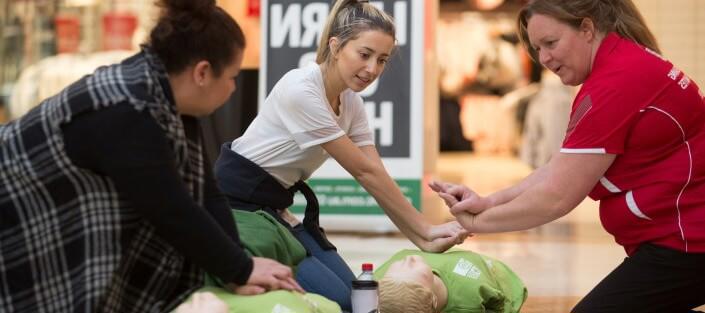
After the completion of a First Aid course, students will, of course, leave with clear and concise directions on how to respond in an emergency. Morale is high because they’ve just learnt the skills required to save a life! Instilling these lifesaving skills so they become second nature is precisely St John Ambulance Victoria’s goal when teaching First Aid. But like any information taught, if not regularly practised, fundamental information can and does fade. In the case of CPR refresher training, forgetfulness this may even lead to tragedy.
Evidence shows that the recency of CPR refresher training directly impacts the effectiveness of CPR provided in an emergency. This supports St John Ambulance Victoria and SafeWork Australia’s recommendation of refreshing CPR training every 12 months.
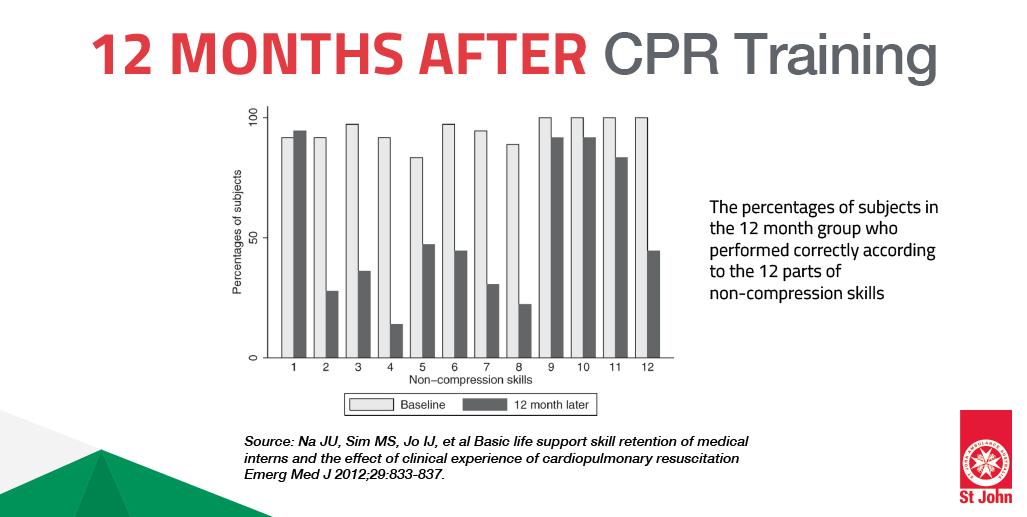
Skills such as checking breathing, opening airway and compression to breath ratio often decline, as seen in this study from http://emj.bmj.com/content/29/10/833
As an employer, you do everything within your power to ensure you are creating a safe work environment and are upholding your Duty of Care at all times. Read more on why it’s important your employees are completing First Aid refreshers regularly and how it will increase your workplace safety.
The Evidence Behind Yearly CPR Refresher Training
It’s assumed that those in the medical industry would have the knowledge and training ingrained to provide accurate and effective CPR in an emergency. However, it was documented over a 20 year period that nursing and medical staff can have little recollection and poor retention skills when it comes to CPR.
Research also revealed that the best way to guarantee an individual has the skills to provide high-quality CPR is to incorporate real life scenarios relevant to the student. This practice supplies real-life knowledge that the individual can draw from in a high-pressure scenario.
Another study tested, trained and retested individuals on their CPR skills over a period of time and found that CPR training should be refreshed frequently to ensure it is provided correctly in an emergency.
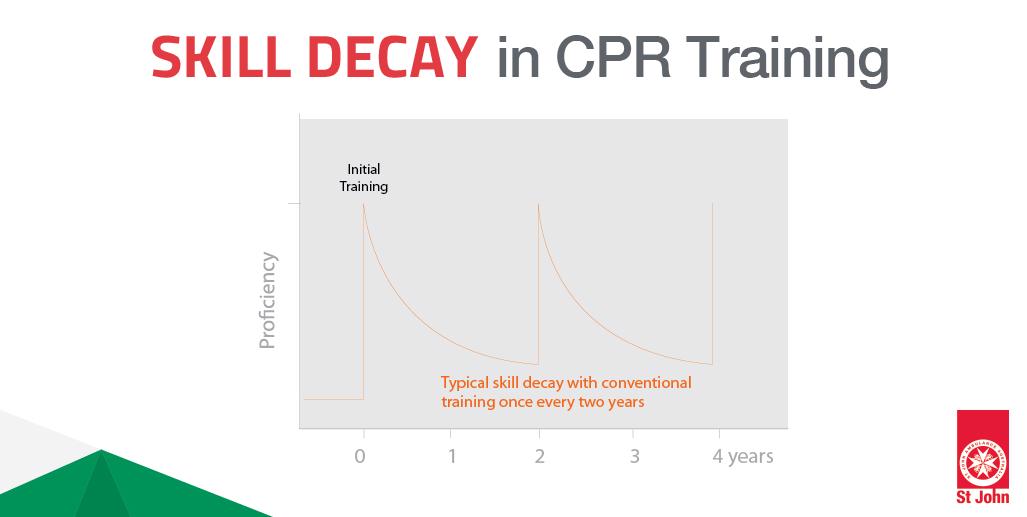
Furthermore, it found that the most effective teaching method was through manikin feedback technology or the direct provision of an expert instructor monitoring chest compressions and ventilations.
Medical professionals are exposed to First Aid situations frequently and even they struggle to retain sufficient CPR skills. If this is the case, how can anyone expect that the everyday person is ready to respond in an emergency and supply CPR after a course they completed years ago? The only way is through regular practice.
It is critical that workplaces place a strong emphasis on the necessity of employee CPR refresher training to ensure if CPR needs to happen onsite, the casualty has the best possible chance of survival. We do always say that any CPR is better than no CPR, however, wouldn’t you want to know that you were best equipped with the best skills you could have been?
What Now?
Work consumes a huge portion of any individual’s life and every employee, no matter the type of workplace, expects their working environment to be a safe place. As an employer, it is up to you to ensure this is, in fact, the case. Now you have recognised the importance of refreshing CPR training in the workplace, you must ensure you take the time to book training through the right provider.
From the evidence above there are two key elements every employer should look for when booking their CPR refresher course:
- The incorporation of real-life scenarios when teaching CPR
- Live feedback through interactive manikins or direct monitoring from expert trainers
Other features to look for include:
Convenience: CPR training programs that can be brought directly to the business are often preferred by employers because it allows the business to allocate the most suitable time for you without losing any unnecessary time travelling
Accreditation: ensure the provider is compliant with the Australian Skills Quality Authority to guarantee employees are receiving premium training and valuable information
Experience: trainers that have real life skills and experience are able to provide an incomparable insight into their CPR teachings
Reputation: a provider that has a strong brand presence in the industry is a clear reflection of the quality of their product
Situations that require CPR can occur unexpectedly and it’s imperative that every workplace is equipped to respond in an emergency that requires CPR. The evidence between the quality of CPR supplied and the recency of training is undeniable. As an employer, it’s important you ensure your workplace is safe and ready for an emergency at all times.
If you’re an employer, it’s up to you to place an emphasis on the importance of the lives of your employees and visitors. If your staff have not renewed their First Aid or CPR training in the past 12 months, your business might not be compliant with WorkSafe standards, exposing it to further risk and challenges.
As part of community outputs at St John, we are delivering free 10 minute CPR sessions to the public through our CPR Lab at various events, festivals, shopping centres and workplaces. This is an easy and effective way to get regular CPR practice. You can follow our Facebook page to be updated with details of where CPR Lab is going to be next.
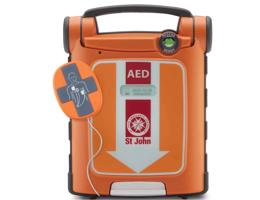
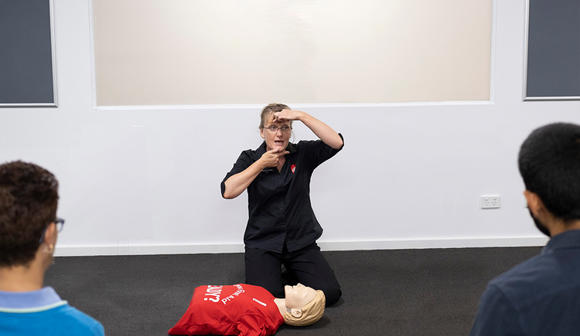
HLTAID009 PROVIDE CARDIOPULMONARY RESUSCITATION
Learn the skills to perform life-saving (CPR) on an adult, child or infant who is unconscious and not breathing normally.
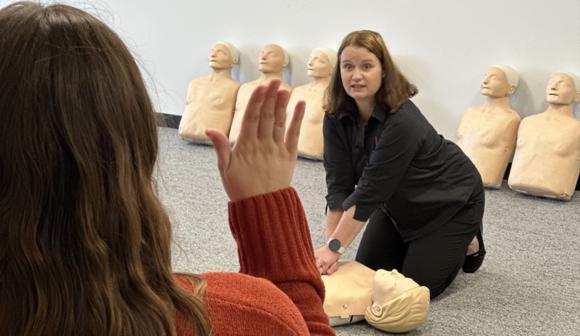
HLTAID011 PROVIDE FIRST AID
Suitable for both people in workplaces and members of the public who would like a comprehensive first aid course.
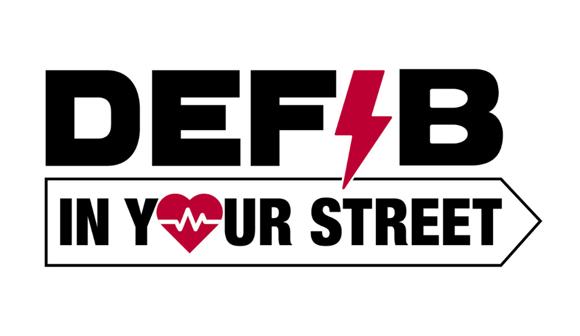
Defib in your street
After the successful launch in the Suburb of Reservoir in 2022, Defib in Your Street is currently aiming to make St Albans and the 3021 postcode the safest place in Australia to have a sudden cardiac arrest.
Find out more about the program.
